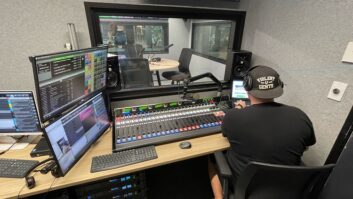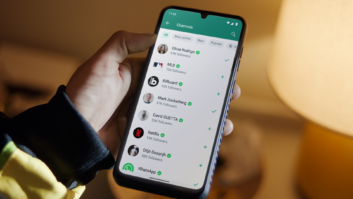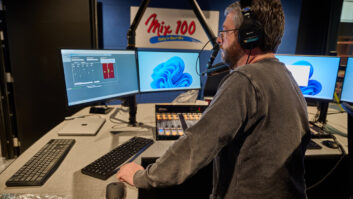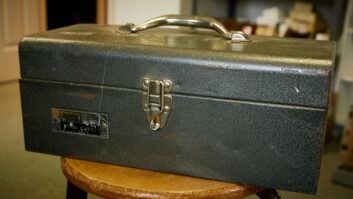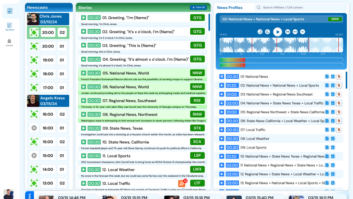Sports radio isn’t big just in radio. It’s also taking a larger role at the Library of Congress.
The library — claimant as holder of the largest collection of sound recordings in the world — is acquiring interview recordings from the radio program “Sports Byline USA.” The shows, hosted by Ron Barr, date to the period 1988–2003. Later programs are planned to be added. The show continues today.
Among the highlights is what organizers describe as the largest archive of audio interviews with Negro League players.
“This marks the beginning of a three-year collaboration with the program’s producers to preserve these historic interviews and to make them available for listening on a streaming basis free to the public on the Library’s website,” the organizations stated.
Pretty cool. I heartily endorse such programs that aim to save and protect our cultural content for the future. Sometimes I marvel at how much interesting information passes us by in the course of our daily and weekly lives, unsaved or unpreserved, whether it be audio, video or data in other forms.
Among the highlights, according to the library, are Mickey Mantle talking in 1994 about his drinking and the death of his father; Willie Mays, the show’s first studio guest, in 1988, talking about Negro League players; and Bill Russell discussing his relationship with Wilt Chamberlain.
Sports Byline USA President Darren Peck told the library, “One of the things that makes this archive unique is there won’t be any more interviews with Bob Feller, George Steinbrenner, Bill Walsh, Kirby Puckett, Joe Frazier, Evel Knievel, Dale Earnhardt and others who have passed away, but we have them in our extraordinary library sharing their lives, careers, successes and failures.”
Interviews will be preserved digitally at the Library’s Packard Campus for Audiovisual Conservation in Culpeper, Va., a place I hope to visit at some point because the library’s conservation of radio and audio content is a fascinating topic in itself.
_






